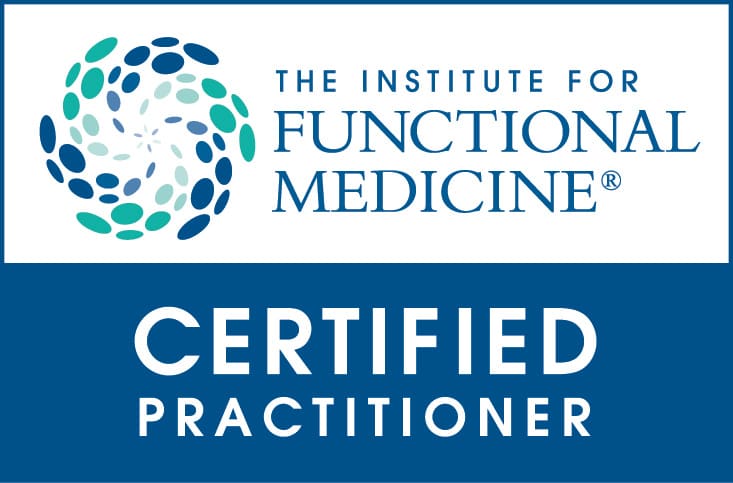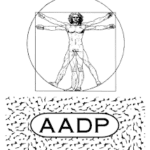What Is a Highly Sensitive Person (HSP?
The term “highly sensitive person” (HSP) is used to describe people who have a sensitive nervous system that responds to physical, emotional, or social stimuli in a faster and more pronounced way than someone who isn’t as sensitive.
People who have trouble with sensory processing have often been called “too sensitive” for most of their lives by those who do not have sensory processing issues.
Elaine and Arthur Aron, the psychologists who first coined the term HSP in the 1990s, have seen the work they started in the 1990s grow by leaps and bounds.
18 Signs That Say You Might be a HSP:
- You avoid violent movies, stories, photos or any media that depicts cruelty or brutality of any kind.
- You feel emotionally exhausted when around people who don’t manage their own energy well.
- You feel pressured if you have too much to do or are in a time crunch.
- You need to retreat into quiet stillness to recharge frequently.
- You have a heightened startle reflex and feel jumpy if surprised by someone or sudden loud noises.
- You feel and think very deeply.
- You seek answers to the mysteries of nature, the universe, and life itself.
- You are sensitive to the fabrics and constriction of your clothing, preferring looser, flowy, natural fibers.
- You have a low pain threshold.
- You have a vivid, rich, and vibrant inner world.
- You are resistant to change.
- You know that you must be fed on time to avoid being “hangry.
13. Stimulants create more jumpiness and lead to anxiety. - You feel physically ill if there is conflict in your important relationships.
- You are sensitive to criticism and praise.
- You are a perfectionist, trying very hard not to make any kind of mistake or misstep.
- Your senses are finely tuned and music, aromas, tastes, and beauty can move you deeply.
- You’re often called wise beyond your years because of your ability to read others and your perceptive insight.
What Does this Have to do with Autoimmune Disease?
A hypervigilant mind creates a hypervigilant immune system. Early childhood trauma creates a more finely and tightly wound nervous system. The more you perceive yourself as overwhelmed and unsafe, the more you tap your adrenals glands with the message they must activate your fight, flight, freeze, or faint response. This leads to the release of cortisol into your system which will eventually cause your gut wall to break down (causing leaky gut) and your hormones to become imbalanced, and your immune system to turn on you. You can read more about the link between early childhood trauma and autoimmunity in my book, Solving the Autoimmune Puzzle.
Being Highly Sensitive is Becoming More Common
Being highly sensitive is not a medical diagnosis. It’s thought that 20% of people are highly sensitive. There is some overlap between HSP and introverts, but some HSPs can be extroverts. We live in a society that is very face paced and we are bombarded with stimuli of all kinds from all directions. HSPs have to make it a practice to create a buffer of self-care for themselves to cope with their stressors.
The Ramifications of being a HSP
You might find yourself isolating due to feelings of overwhelm. It’s important maintain your connections with those you love and who love you.
You might find yourself judging the way you easily cry. See if you can celebrate your “heartfulness” and embrace your capacity for caring and compassion.
You might have a history of getting into relationships that are co-dependent, toxic, and abusive. Make sure you connect with the little child inside of you and keep her or him or them safe by making choices for relationships with people that are only supportive and loving.
You might find you are easily offended or affected by other’s emotions, beliefs, or behaviors. See if you can down shift the speed of your mental reactivity to the other people you share this planet with. It will help your nervous system, your hormonal balance, your microbial ecosystem, and your immune system greatly.
Try to avoid over packed schedules, unrealistic expectations of yourself and others, comparing yourself to others, skipping meals and self-care routines, rumination on yours and other’s failures, and violent movies.
How to Heal Your Highly Sensitive Nervous System
The good news is you can heal your nervous system reactivity pathways by healing the part of you that created them. I have put together a course on how to do this that you can do from the comfort of your own home. It’s called the Healing Trauma Through the Chakra System master class. I am offering a free webinar that offers tips, tricks, and information for highly sensitive people and empaths to heal from their past hurts so they can down regulate their nervous system reactivity and their immune system intolerance…while keeping all of the positive aspects of being a beautifully sensitive being who has so much empathy for the suffering of this life and so many incredible gifts to offer this world. During this webinar I will be offering a deep discount on the Healing Trauma Through the Chakra System master class and a free bonus to everyone who registers for the webinar…with a couple of extra goodies to those who attend in person (there will be a replay).





